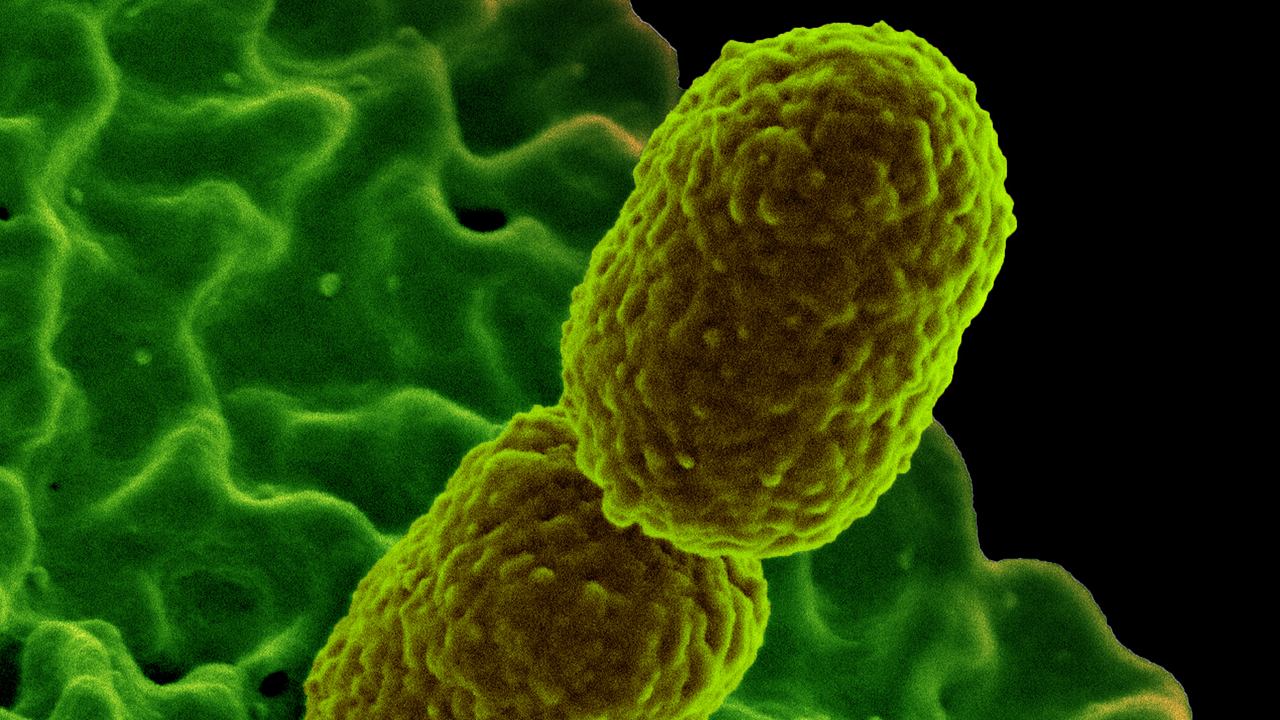It might be bacteria, not humans, that control the robots
Can control inanimate objects

Robots could be given biological brains made out of bacteria, if results from a mathematical model mixing bacterial behaviour and bioreactors prove accurate in the real world.
"We were trying to find out from the model if we could build a living microbiome on a nonliving host and control the host through the microbiome," said Waren Ruder, an assistant professor of biological systems engineering at Virginia Tech. "We found that robots may indeed be able to have a working brain."
Ruder combined equations that describe three different things - engineered gene circuits in E. coli bacteria, microfluid bioreactors and robot movement.
The bacteria were set up to change colour depending on what they ate, and the robot was configured with sensors that monitor that colour and decide where and how fast to go in response.
Democratise the field
Not only did the experiment work, but it demonstrated that similar biosynthetic experiments can be done using minimal funds - expanding the number of researchers that could do science in this field.
"We hope to help democratise the field of synthetic biology for students and researchers all over the world," said Ruder.
For future research, Ruder hopes to build real-world robots with can read the gene expressions of real bacteria engineered in his lab. The details of the mode were published in the journal Scientific Reports.
Sign up for breaking news, reviews, opinion, top tech deals, and more.
Image credit: NIAID // CC BY 2.0
